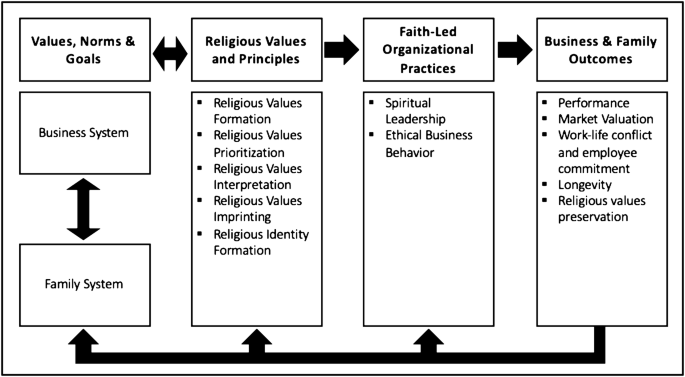Exploring the Foundations of Christian Theology and Doctrine
Christian theology and doctrine are the backbone of Christian faith and belief. They provide a framework through which Christians understand and interpret the teachings of the Bible. In this blog post, we will explore the foundations of Christian theology and doctrine.
1. The Bible as the Word of God
At the heart of Christian theology and doctrine is the belief that the Bible is the word of God. Christians believe that the Bible is inspired by God and contains the truths that are necessary for salvation.
2. The Trinity
Christians believe in one God who exists in three distinct persons: God the Father, God the Son (Jesus Christ), and God the Holy Spirit. This doctrine is known as the Trinity, which is a core part of Christian theology.
3. Salvation
Salvation is the central message of the Bible, and Christian theology explains how people can attain it. Christians believe that salvation is a free gift from God that people can receive by faith in Jesus Christ.
4. Justification by faith
Justification by faith is another essential aspect of Christian theology and doctrine. This doctrine teaches that people are made right with God not by good works or moral behavior but by faith in Jesus Christ.
5. The Church
The Church is the community of believers who follow Jesus Christ. Christian theology teaches that the Church is the body of Christ, and its members are united in Christ.
6. Eschatology
Eschatology is the study of the end times. Christians believe in the return of Jesus Christ, the resurrection of the dead, and the final judgment.
Conclusion
Christian theology and doctrine are complex concepts that provide a framework for Christian faith. These foundations offer Christians a way to understand the world and their place in it. Through a deeper exploration of Christian theology and doctrine, Christians can gain a deeper understanding of their faith and how it fits into the broader narrative of history.











